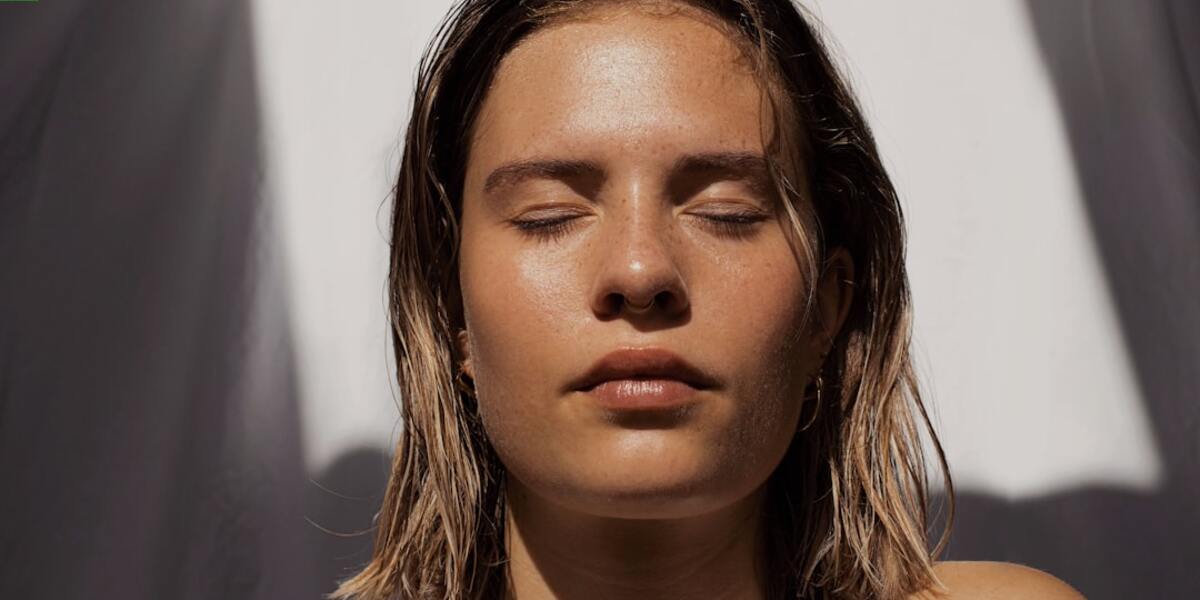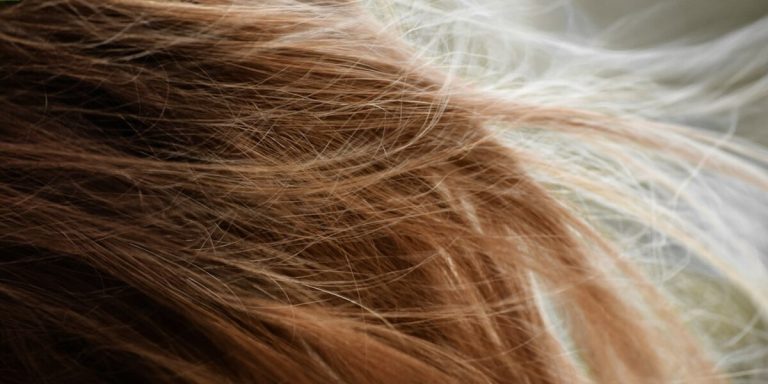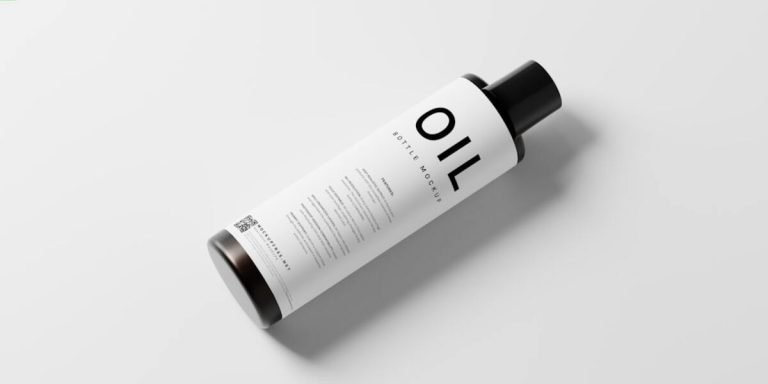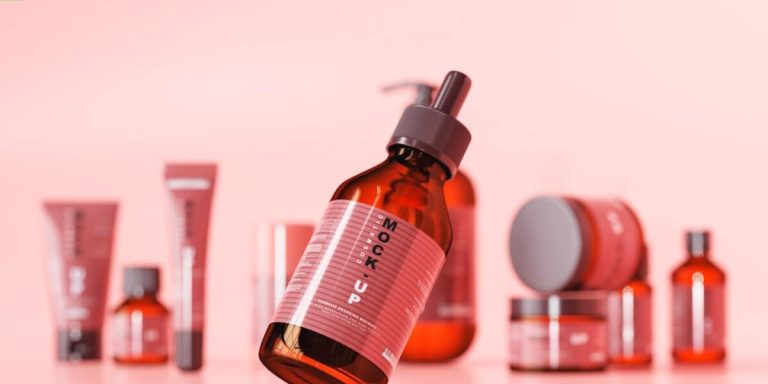Health issues that cause hair loss: Unveiling the medical factors affecting your tresses
The appearance and vitality of our hair is significantly influenced by various internal and external factors. One major contributor to the health of your locks are certain “health issues that cause hair loss”. It’s important to understand these medical conditions as they not only affect physical attractiveness, but also indicate serious underlying health concerns.
In this post, we will delve into some common yet overlooked medical reasons causing substantial damage to your tresses. From hormonal imbalances to nutrient deficiencies, autoimmune diseases or even stress – shedding light on these culprits can aid in timely treatment for both scalp woes and associated health problems.
Did you know?
Iron deficiency, a common health issue affecting approximately one-third of the global population, can actually lead to hair loss. An insufficient intake of dietary iron disrupts your hair growth cycle, potentially causing noticeable thinning.
Understanding the Link Between Thyroid Disorders and Hair Loss
Thyroid disorders can significantly impact an individual’s overall health, including hair growth and regeneration. Overactive (hyperthyroidism) or underactive thyroid (hypothyroidism) conditions throw the body out of balance and potentially lead to many unwanted symptoms – one common issue being hair loss.
Hyperthyroidism often leads to thinning of the outer third portion of eyebrows along with general scalp hair loss by accelerating your bodies metabolism excessively which in turn means that the processs for new hairs to grow gets compromised due their fast life cycle. On the other hand, hypothyroidism tends more towards diffuse thinning across all areas on top area of head as well because it slows down our metabolic rate interfering with nutrient supply required for healthy follicle development.
Regulating these hormonal imbalances through appropriate medication may help you regain your natural hair texture and volume over time but a long-term disruption might cause permanent damage too. This is why early detection becomes crucial – when left untreated, either condition could permanently alter your body’s functioning capacity affecting not just lash line but also derailing everything from mood swings till cardiovascular system.
For hairstylists spotting such symptoms become part vital as they usually are first ones noticing changes like chunk strands falling off during blow dry session or whilst combing through tresses whereas we individuals generally tend overlook blaming stress lifestyles merely this becomes extremely critical reason timely diagnosis plays role recovery therapy regimen undertaken later stage understanding interplay between gland hormone levels key maintaining optimal ‘Hair Health’.
Recognizing Symptoms of Thyroid-Related Hair Thinning
Thyroid disorders are one of the common health issues that cause hair loss. Understanding these symptoms can help in early detection and treatment.
The first sign to look for is a change in your hair’s texture. The once lustrous, thick strands may start feeling dry and brittle under the impact of thyroid complications. This transformation often occurs subtly over time but plays a significant role in affecting your overall hair health.
Another symptom related to this disorder is abnormal shedding or thinning of hair. You might notice excessive amounts on your brush or covering the shower drain each day; such an experience should never be ignored as it indicates serious underlying conditions like thyroid imbalance.
One more visible yet overlooked indication involves changes to eyebrows’ density specifically, losing their outer third portion which could signify hypothyroidism—a condition where the thyroid gland doesn’t produce enough hormones needed by our body including those crucial for maintaining healthy locks!
Managing Thyroid Health to Prevent Hair Fall
Many individuals overlook their thyroid wellbeing leading to significant problems like hypothyroidism and hyperthyroidism, which often result in excessive hair shedding or thinning.
The first step towards managing your thyroid is understanding its function in your body. This small gland at the base of your neck produces hormones responsible for regulating metabolism; these include everything from heart rate and temperature regulation right down to growth of skin cells, nails – including our precious hairs!
Next comes regular monitoring of Thyroid Stimulating Hormone (TSH) levels by medical examination once a year if you’re over 35 years old or have family history linked with autoimmune diseases – both factors increase vulnerability against developing this condition.
Thirdly it’s essential implementing healthy lifestyle changes such as maintaining balanced diet rich particularly iodine since it’s elemental fuel creating hormones needed regulate metabolic processes afterwards affecting functioning follicles thus helping prevent unwanted tress distress.
The Impact of Nutritional Deficiencies on Hair Strength
The relationship between our daily nutrition and hair health is often overlooked, yet it plays a crucial role. Specific nutritional deficiencies can lead to weakening of the hair follicer, leading potentially to premature hair loss. It’s not just about vanity; thinning tresses could be your body’s way of signaling that you’re lacking certain nutrients essential for overall wellness.
Protein deprivation serves as one prominent example impacting both skin and hairs’ strength adversely. Our strands are primarily composed of protein fibers; without adequate intake, they may become brittle or weak predisposing them to breakage or shedding prematurely. Similarly, an iron deficiency disrupts the nutrient supply chain towards your scalp by affecting blood circulation which might result in noticeable decrease in volume over time.
Furthermore, vitamins like A & E play their significant roles too with Vitamin A encouraging cell growth including those responsible for new lock production and vitamin E supporting healthy shine through its antioxidant effects combating damage from environmental pollutants on our scalps every day.
With these potential issues at stake due to lackluster dietary habits paving way into “health issues causing hair loss”, acknowledging this link has never been more important than now- 2023! So before turning only towards external solutions such shampoos or serums promising quick fixes consider giving internal nourishment equal attention because ultimately what we feed ourselves intrinsically reflects externally starting right from top i.e., our crowning glory!
Identifying Key Vitamins and Minerals for Healthy Hair Growth
Hair requires a mix of vitamins and minerals for optimal growth, just like any other part of our body. Neglecting to include these essential nutrients in your diet can lead quickly to health issues that cause hair loss. Let’s delve into the specifics.
Vitamin A is first on our list and with good reason – it aids cell growth throughout the body, including those contributing towards healthy hair. It works by helping the scalp produce sebum which moisturizes the head and keeps hair healthy.
Next comes Vitamin B7 or commonly known as biotin, often associated with counteracting hair thinning because it helps reinforce hair’s infrastructure. Some research indicates increased biotin consumption may improve overall hair quality.
Strategies to Combat Nutritional Shortfalls Affecting Hair Quality
To maintain your ideal hair health, it’s crucial to have a balanced diet. Nonetheless, nutritional deficiencies can cause serious health issues that result in hair loss. To prevent this, consider the following smart strategies:
1. Boost Your Protein Intake: Hair is primarily composed of keratin – a type of protein. Hence, insufficient intake could hamper its growth and strength.
2. Prioritize Iron-Rich Foods: Iron deficiency often manifests as brittle or weak hair before any other symptoms become evident.
3.Shiploads of Vitamins B & D: These vitamins activate the right conditions for robust mane grow out strong and lustrous hairs.
5.Promise More Zinc And Selenium : Minute quantities can dramatically enhance hair quality by aiding cell regeneration processes directly impacting follicle vitality.
6.Consider Supplements If Necessary: Consult with an expert if necessary about incorporating supplements into your daily routine should dietary changes prove inadequate.
Hormonal Imbalances: Exploring Their Effects on the Scalp and Follicles
Hormonal fluctuations play a significant role in hair health, often leading to unforeseen issues, such as hair loss. One of the common culprits behind these hormonal imbalances is stress; constantly high-stress levels can send our bodies into survival mode and disrupt normal hormone production. This may result in telogen effluvium – an alarming but generally temporary condition wherein substantial amounts of hair might start shedding.
On another note, thyroid dysfunction also serves as another catalyst for hormonal imbalance-induced hair loss. Hypothyroidism (a low-functioning thyroid) or hyperthyroidism (an overactive thyroid) could lead to changes in your body’s ability to promote healthy growth on the scalp while accelerating shedding rates simultaneously. Lastly, we cannot overlook estrogen and testosterone – two hormones that significantly impact both men’s and women’s follicular wellbeing alike when out of balance.
It’s essential not only for your general well-being but specifically regarding maintaining luscious locks too that you keep track of any sudden alterations within your overall bodily functions potentially indicating towards a hormone-related issue lurking beneath the surface.
Uncovering How Estrogen and Testosterone Levels Influence Hair Lifecycle
Hair health, and more specifically hair loss, is a concern that affects many across the globe. Interestingly enough, it’s often our own bodies’ hormones – estrogen and testosterone – at play in these scenarios. Essentially, one of the prevalent health issues causing hair loss can be traced back to hormonal imbalances.
Estrogen plays an integral role in maintaining luscious locks by aiding in elongating the growth phase of your hair follicles. Generally speaking when estrogen levels are high; you’ll notice healthier-looking strands because this hormone nourishes and stimulates rapid cellular turnover within your scalp’s physiology.
Conversely, low level of estrogens tend to create adverse effects on hair health leading towards finer or thinner hairs with less shine due their shortened lifecycle caused by a lackluster nurturing environment for healthy growth patterns to flourish from within.
Switching gears now to testosterone: there’s a fairly common misconception linking higher testosterone levels directly with baldness but what really happens has everything do DHT (dihydrotestosterone), which is derived from it.
When ‘healthy’, normal amounts of Testosterone meet certain enzymes present within oil glands connected closely tied-up with those same essential follicles earlier discussed around Estrogen impacts they transform into something called “DHT”.
Addressing PCOS, a Common Culprit Behind Hormonal Hair Shedding
Polycystic ovary syndrome, popularly known as PCOS, is one of the most prevalent health issues that cause hair loss. The link between this hormonal disorder and thinning strands can be traced back to its impact on our scalp’s wellbeing and follicle function.
If you’ve noticed your once-vibrant locks morphing into limp tresses or witnessing more shedding than usual, it could signal a deeper issue – such as PCOS. This condition affects millions worldwide; yet surprisingly enough, research indicates many remain unaware of how significantly it can harm their hair health.
PCOS triggers an onslaught of unbalanced hormones – mainly excess production of male hormone (androgen), which disrupts natural growth cycles in the follicles resulting in premature shredding. While men lose their dazzling mane due to factors like genetic predisposition for baldness or age-related declines in testosterone levels women with PCOS suffer from unwanted hair thinning even at young ages.
The severity varies: Some experience mild sparseness around part lines while others battle widespread bald patches across their entire head. Regardless of extent though every case brings along significant emotional distress alongside physical changes.
However, you can combat the detrimental effect PCOS has on your salon-worthy curls:
1) Balanced Diet: Consuming nutrient-rich foods enhance general well-being including nourishing those precious roots encouraging healthier growth patterns.
2) Regular Exercise: Physical activity helps balance flawed hormone profiles reducing further damage from this source.
Conclusion
In essence, understanding the “health issues that cause hair loss” can be a crucial step to turning around your hair health fortunes. It is not just about good shampoos or expensive hairstyles; it’s also about internal factors that play an integral part in maintaining lush and healthy locks. From thyroid disorders to low iron levels – all these medical conditions we discussed today have a significant impact on our crowning glory.
Now, isn’t caring for our tresses so much more than what meets the eye? We hope this enlightening piece has left you with some food for thought! Feel free to explore other fascinating insights on Hair Health here on our website.
With each click lies knowledge waiting to be unfurled – because when it comes down to it, every strand matters!







